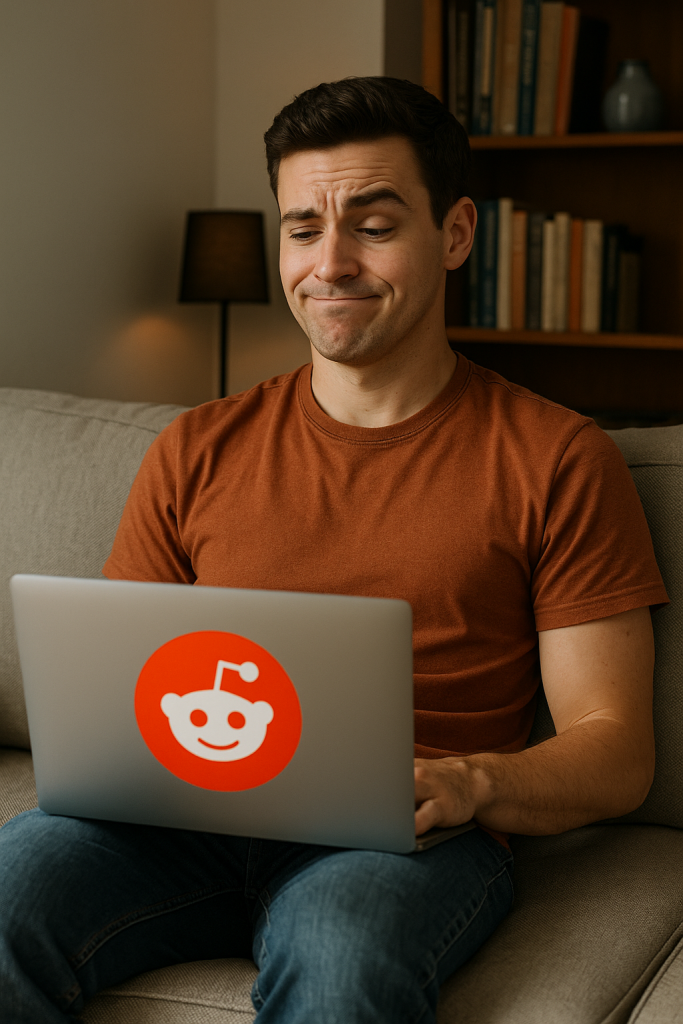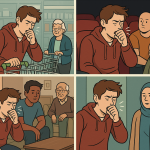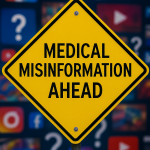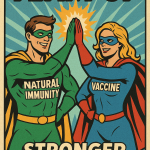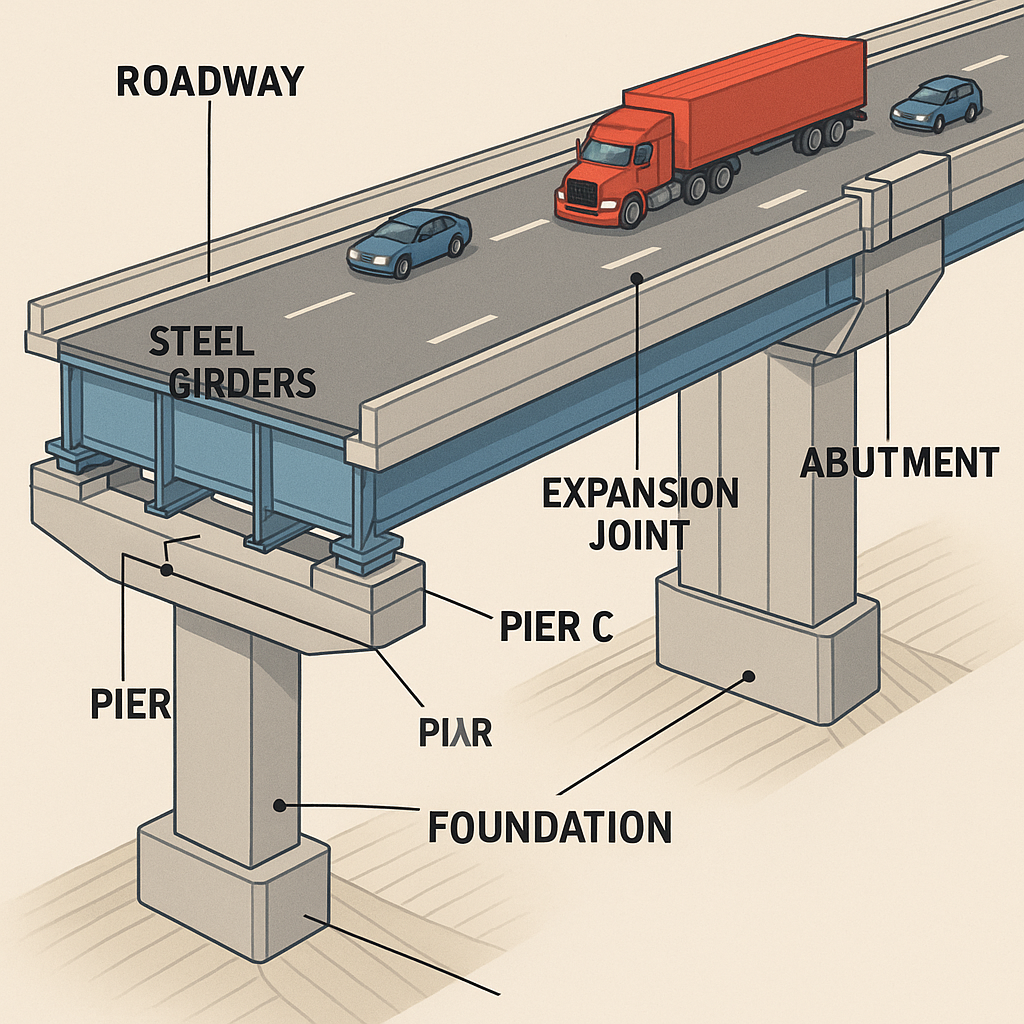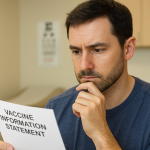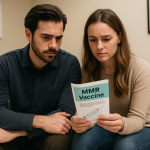YouTube made him sure. Reddit made him confident. TikTok made him loud.
But when the hospital doors closed behind him, the truth was brutal: no amount of “research” could save his lungs now.
We’ve all heard the phrase: “Do your own research.” It sounds empowering. Responsible, even. In an age of clickbait and corruption, who wouldn’t want to double-check what they’re told?
But when it comes to public health, “doing your own research” doesn’t make you smarter. It often just makes you surer—and wrong.
The Problem Isn’t Curiosity. It’s Certainty.
We’re not saying you shouldn’t ask questions. You should.
But there’s a difference between being curious and believing you’ve outsmarted infectious disease experts because you read a Substack.
When people “do their own research” on YouTube, Google, or Facebook, they don’t end up browsing through peer-reviewed medical journals.
They end up in echo chambers—where the loudest voices are often the least qualified, and the algorithm rewards outrage, not accuracy.
Confidence Isn’t a Sign of Truth.
Ever notice how the most misinformed people often speak with the most certainty? That’s not an accident. It’s called the Dunning-Kruger effect: the less you know, the more confident you feel.
Meanwhile, real experts speak carefully. They talk about probabilities. Margins of error. Updating models.
That doesn’t go viral.
So people gravitate toward the voices that feel right—not the ones that are right.
Why Experts Still Matter
Doctors, epidemiologists, public health workers—they didn’t just wake up one day and start handing out advice. They spent decades studying, researching, watching what works and what doesn’t in real time and real lives.
They weren’t always perfect during the pandemic. But perfection was never the point. The point was saving as many lives as possible, as fast as possible.
And that’s exactly what they did.
Misinformation Feels Like Truth—Until It Doesn’t
It’s easy to believe a video that tells you exactly what you want to hear.
It’s harder to sit with uncertainty, read boring studies, and accept uncomfortable facts.
But health isn’t a vibe. It’s biology. Chemistry. Epidemiology.
And misinformation kills.
The tragic part? You won’t always know you were wrong until it’s too late.
So What Should We Do Instead?
- Be curious, but humble.
- Ask questions, but look for answers from people qualified to give them.
- Trust isn’t weakness—it’s how civilization works.
- And next time you hear “Do your own research”? Ask: what makes me think I know more than someone who’s studied this for 20 years?
Because when it comes to health, confidence isn’t enough.
We need truth.
And truth takes more than a Google search.
Last Updated on June 26, 2025

